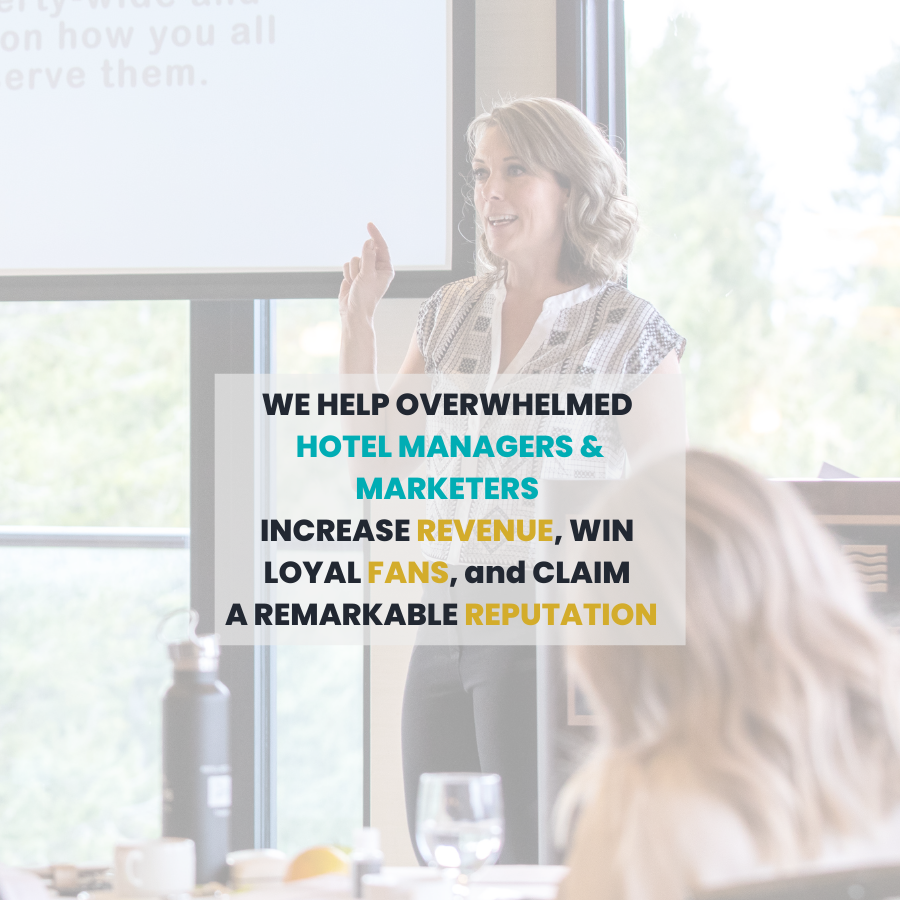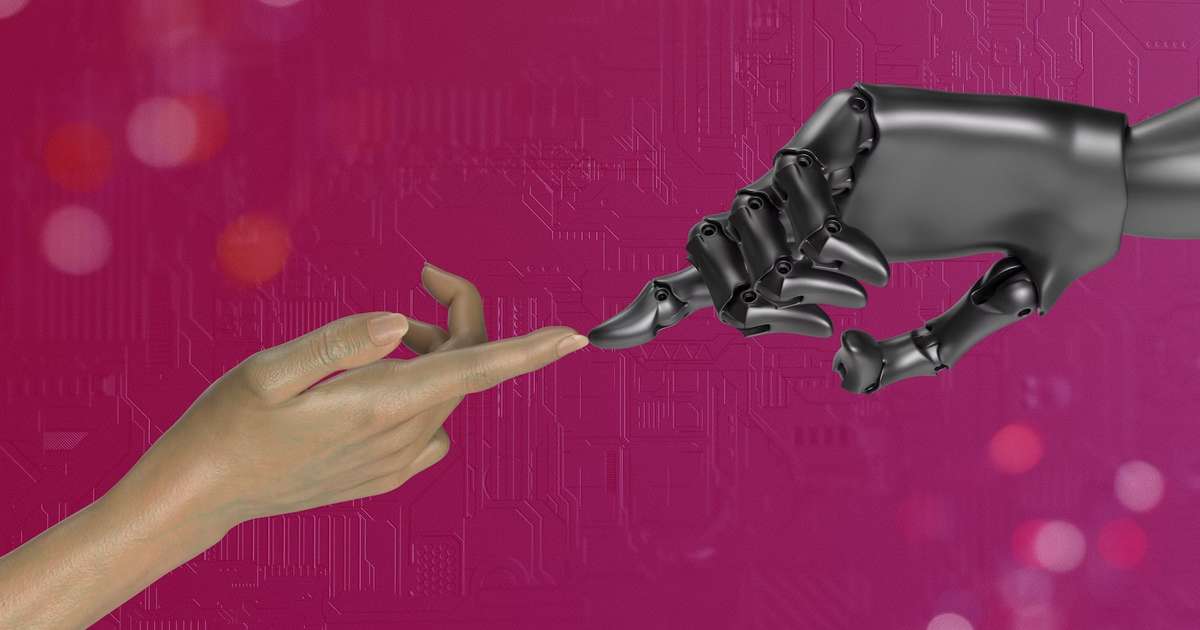How I’m Decluttering My Life This Spring - RyanHoliday.net
It doesn’t exactly keep me up at night, but like most people, I have a low-level suspicion that I’m paying for a bunch of stuff I don’t need. At the beginning of the year, I went through all the various accounts and credit cards for my businesses, and sure enough, that’s exactly what I found. There was an IMDb Pro account still active from a podcast producer who left three hires ago. We were paying for three cloud storage services when one would have sufficed. Somehow, we ended up with two separate enterprise Zoom accounts…and one had been upgraded to handle a large number of people on a call we were doing and was never downgraded. As I dug in, I found more redundancies, I found services that had sneakily ratcheted their fees up month after month and then just stuff I don’t think we ever signed up for in the first place. This, of course, is a microcosm of our digital and subscription economy these days. It’s also, I think, a metaphor for life. We don’t just accumulate stuff, we accumulate drag. We accumulate drains and leeches that instead of physically taking up space, overwhelm and impede our ability to operate and think. It turns out that the monthly cost of all these unnecessary expenses was almost enough to cover the salary of a new employee! Plus my mental bandwidth–to say nothing of the corresponding emails all these services send–was increased as well. It’s basically the same feeling I get whenever I clean out the garage or organize a doom drawer. So that’s what I am thinking about now that spring is upon us: how I can declutter my life—physically, mentally, and emotionally—and how you can do the same. (And by the way, I’m getting together with thousands of Stoics from around the world to do some spring cleaning as part of The Daily Stoic Spring Forward Challenge on March 20th. It’s a set of 10 daily, actionable challenges designed to help you clean up your life and spring forward without the weight of bad habits and vices. You can learn more and sign up here. I hope to see you there!) Clean up your information diet. In programming, there’s a saying: “garbage in, garbage out.” The question is, what are you allowing in? Many of us absorb too much garbage—whether it’s from the news we watch, the people we follow on social media, or even certain people in our lives. Spring is a great time to ask: Where do misery, negativity, dysfunction, and chaos sneak into my life? And then do something about it. Look at your “information diet.” When was the last time Twitter actually left you feeling informed? Reddit? Cable news in an airport? If it isn’t leaving you calmer or wiser, maybe it’s time to cut it off at the source. You don’t have to be uninformed—just be intentional about what you consume and who you engage with. Personally, I prefer reading books about history and human nature (here’s a list of timely books I put together for 2025). They’re not all fun and sunshine—there’s plenty of darkness, too—but I learn far more from that than from endless scrolling. I’m deliberate about which chats and texts I participate in and who I spend time with. I aim to let in the opposite of garbage, because that leads to the opposite of garbage out. Destroy a DOOM box. We all have them—those boxes, bins, or junk drawers stuffed with random odds and ends we don’t actually need. This is what’s known as a DOOM box—“Didn’t Organize, Only Moved.” In one of the few jokes Marcus tells in Meditations, he writes about people who accumulate so much stuff, they don’t even have a place to shit. Seneca famously said that people aren’t just weighed down by their possessions—they are owned by them. That overstuffed box in your garage, the junk drawer spilling over, the storage closet packed with forgotten things—what are you really holding onto? If you wouldn’t go out and buy it today, why are you keeping it? Grab a bag, empty the doom box, and purge anything you don’t truly need. Whether you trash it, donate it, or sell it, clearing out physical clutter clears mental space and reduces the number of things that “own” you. Quit your vices. In another sense, we can be “owned” by bad habits. Seneca talks about how even a powerful Roman general can be mastered by ambition. Many of us are slaves to habits or substances. There’s a story I tell in Discipline is Destiny about the physicist Richard Feynman feeling a sudden midday urge for a drink. Realizing alcohol’s hold on him, he quit cold turkey. Dwight Eisenhower, a four-pack-a-day smoker, had a heart attack and simply gave himself an order to stop. He realized he was not in command—the habit was in command. Ask yourself: What has control over me? Is it caffeine, social media, Netflix, junk food—something more serious? I once heard addiction described as losing the freedom to abstain. If you struggle to avoid something you don’t truly need—as Feynman realized—you’re dealing with a compulsion. With spring on the horizon, ask yourself what you’re hooked on. Where have you lost the freedom to say no? And how can you reclaim your power by refusing to feed that habit? For some, it’s as simple as not buying junk food. For others, it may involve support groups or a treatment program. In any case, spring is an ideal time to assess who—or what—is in command, and to reassert your autonomy. If you want a happier, more fulfilling life, decide which vices you’re no longer willing to let rule you. Limit what has access. We are way too reachable. You have Facebook messages and text messages. People can call your phone. People can call you on WhatsApp. People can hit you up on Instagram and LinkedIn and Slack and Telegram. People can send you a package at [...]









